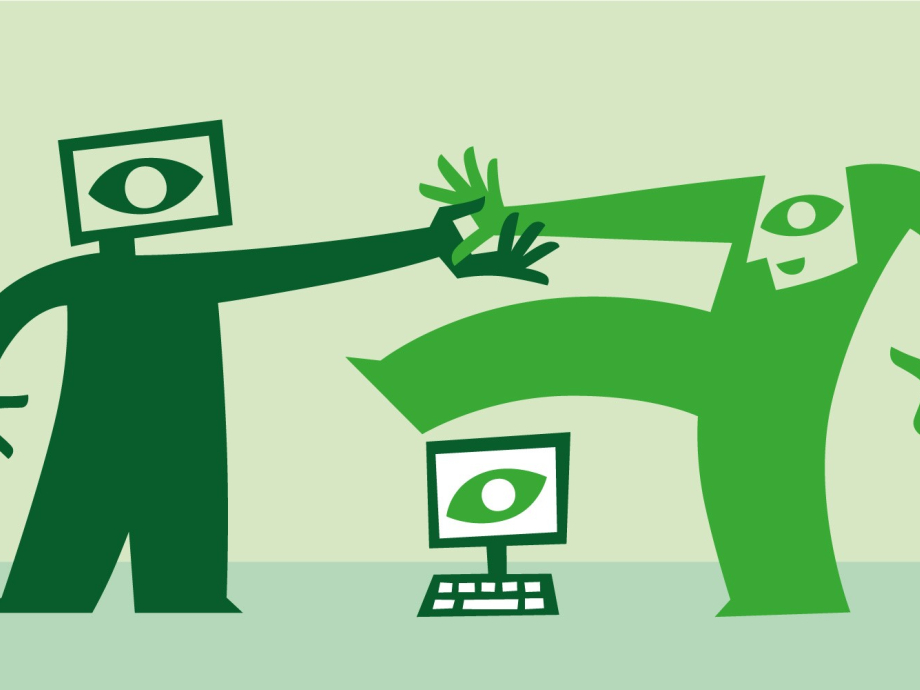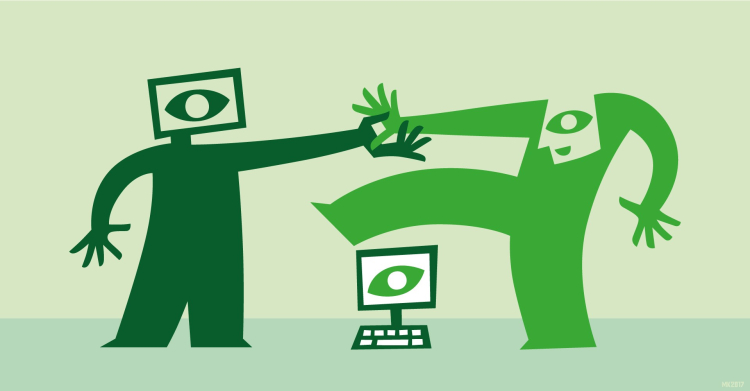UWV: Make online services appealing, not compulsory
The UWV Employee Insurance Agency administers employee insurance schemes and assists people in their search for employment. The UWV believes that online services are the future but does not want them to be compulsory. After all, not everyone can transact their business online

By Marije Wolsink, Director, Client & Service, UWV Employee Insurance Agency
Reading time: 3 minutes
Be sure to read the other articles in the Decent Digitisation series.
Technology and digitisation have become indispensable to our everyday lives and to the UWV, for without technology we would be unable to disburse benefits, assess people’s social and medical status, or help them find a job.
Much of the UWV’s service delivery now proceeds through digital channels. People can apply for benefits, take courses, search for jobs, report job applications or change their personal data online. But is that the only option? The UWV believes that online services are the future, but we don’t want them to be compulsory. Experience shows that there are many people who are unable to transact their business online.
Who's responsible for digitisation?
Who’s responsible for the digitisation of government services? Is it the government itself, or is it the public? Most people find it absolutely normal to be able to transact business online whenever they please.
But there are still people who are not digitally skilled enough to submit an application online. This dilemma is forcing the UWV to make choices regarding its online services.
Most clients have advanced digital skills
I want to note straight away that most of our clients have the necessary digital skills. In other words, they have a DigiD login code and can work comfortably with a computer. As we proceed to digitise our information and communication channels and transactions, we look at what people are used to from other service providers, for example banks, web shops, insurers or power companies.
We also design our digital services to be as user-friendly and straightforward as possible. We’ve started by digitising services for unemployment benefits recipients. Because they were, until recently, in work, we know that they are likely to be experienced and skilled computer users.

We’ll continue working with paper documents, but make our online environment appealing
At the same time, we must bear in mind the clients who are (as yet) unable to communicate or work with us digitally. We must ensure that everyone can continue to access our information and services. That’s why we’re developing digital information and processes alongside our non-digital ones. We are retaining the non-digital processes to accommodate the clients who have not switched to digital channels yet, or who will never be able to do so. So we will continue to work with applications on paper, letters sent by post, a telephone helpdesk, and walk-in appointments.
Our strategy is to tempt clients into switching to digital channels. We believe that online processes are often faster and easier for them. We are working with local governments to improve the public’s digital skills, for example by organising courses and workshops around the country and by using libraries to offer low-threshold assistance.
No UWV clients will be left behind who are (as yet) unable or unwilling to transact business with us online. We lavish as much attention on them as on people who want and expect us to offer them digital alternatives.
Driven by the need to cut costs
We began to digitise our services in a period of austerity. In fact, part of our digitisation campaign was driven by the need to cut costs. At the time, that meant that clients were compelled to communicate online with the UWV. The idea was that all of our print communication – and even much of our face-to-face service delivery – would eventually be replaced by digital communication and products.
The transition was successful for many of our clients, but certainly not all of them. For example, we noticed that not every client who applied for benefits online was capable of handling all their other business with the UWV online too, such as their work folder.
The UWV has had to admit that its digital products do not always live up to clients’ expectations, meet their needs or, above all, match their abilities. That is why we decided not to make digital communication compulsory for clients. We offer them other options: communication by regular post, by telephone, or in person. Our aim now is to focus on making the digital channel more appealing. We encourage clients and offer them support in the form of courses, libraries and power-of-attorney options. We also tailor our digital services to clients’ needs and abilities.
A welcome challenge
All this is making demands on our organisation. After all, we must develop and maintain two separate tracks. At the same time, the UWV must offer – and indeed wants to offer – every person the same level of service, regardless of the channel he or she uses. We will therefore always maintain the ‘paper’ track. We always offer people the non-digital option. It’s a challenge, but we welcome it.
By Marije Wolsink, Director, Client & Service, UWV Employee Insurance Agency
Read more
Be sure to read the other articles in the Decent Digitisation series, and the related reports:
- Human Rights in the Robot Age. Challenges arising from the use of robotics, artificial intelligence, and virtual and augmented reality
- A fair share. Safeguarding public interests in the sharing and gig economy
- A never-ending race. On cyberthreats and strengthening resilience
- Urgent upgrade. Protect public values in our digitized society